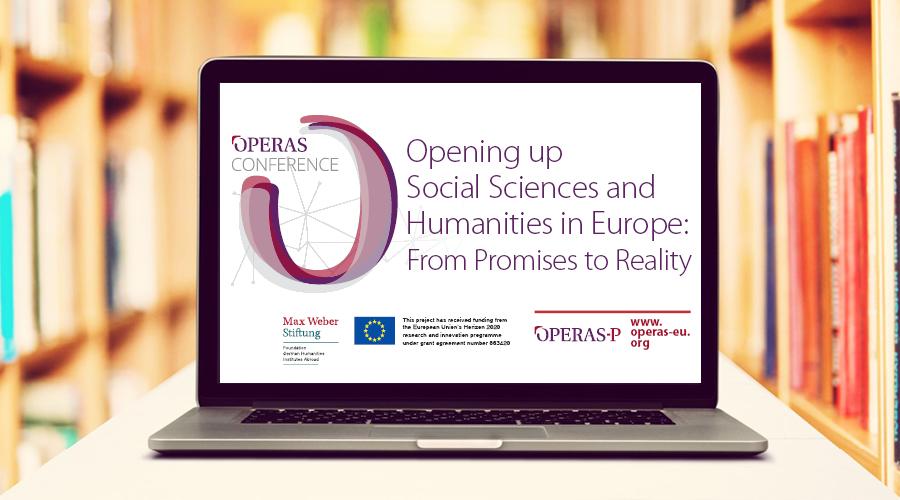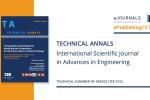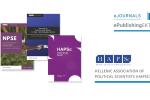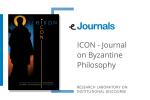
Having played a particularly active role in the debate on Open Science at European level in recent years, the OPERAS (Open Scholarly Communication in the European Research Area for Social Sciences and Humanities) research infrastructure, in which the National Documentation Centre (EKT) participates, organised the international conference 'Opening up Social Sciences and Humanities in Europe: From Promises to Reality', held on 2-4 November 2020, with the objective of consolidating Open Science in the Social Sciences and Humanities (SSH).
Open Science is constantly gaining momentum in many parts of the world, especially in Europe. The European Union has given particular importance to the creation of the European Open Science Cloud (EOSC), which will act as a European-wide infrastructure for Open Science. No scientific discipline should be absent from this endeavour, as stated in the founding declaration of the EOSC.
The aim of the conference was to bring together different actors in the chain of production and publication of research results to discuss the present and the future of scientific communication in the SSH. Participants included researchers, publishers, policy makers, librarians, research infrastructure representatives (DARIAH), and project advocates for a European Open SSH Cloud (SSHOC).The presence of representatives of all parties that have a say in Open Science resulted in very interesting sessions
The conference once again expressed the commitment of all actors to the full transition to open access publication of all scientific publications resulting from European-funded research, whether they are articles in scientific journals or monographs, a form of publication very common in SSH. This commitment was further endorsed both by participants in the cOAlition S alliance and by Dr. Costas Glinos, Head of the Unit for Open Science of the European Commission. cOAlition S is an alliance made up of funders and other actors in the research field, who have developed the Plan S, a plan that sets out the principles that should govern Open Access to scientific publications.
One of the most important topics of the conference was the business models that will be selected for the open publication of both scientific articles and monographs. As all participants agreed that there is no ideal model that can be used universally, it was decided that the most appropriate one should be chosen on a case-by-case basis. Very interesting results of the ongoing discussion are expected in the near future.
As part of the conference, EKT undertook the organisation of the session entitled 'How to Join OPERAS'. The aim of the session was to attract new members through information about OPERAS actions, as well as through the presentation of the experience of existing members. In the first part, Iraklis Katsaloulis presented the different types of membership, as well as the obligations and rights provided for each different type of participation. Emphasis was also placed on the presentation of the Special Interest Groups (SIGs), those groups that address specialised issues of interest to OPERAS members and that fuel its action.
In the second part (moderated by Marina Aggelaki) the speakers, Milica Sevkusic (Centre for Evaluation in Education and Science, Serbia), Aysa Ekanger (The Arctic University of Norway), Delfim Leao (University of Coimbra) -members of OPERAS- presented their participation experiences. All three speakers agreed that their participation in the OPERAS network enabled them not only to closely monitor but also to shape the Open Science landscape in Europe, while urging anyone interested in participating in the network not to hesitate to seek participation.
The Conference was organised within the framework of the European project OPERAS-P (OPERAS-Preparation) which is funded by Horizon 2020 and was co-ordinated by the Centre National de la Recherche Scientifique (CNRS).The objective of the project is the preparatory work for the new candidacy of the OPERAS network for inclusion in the ESFRI (2020) infrastructure network and the preparation of the bodies and infrastructures that they support for the implementation of the upgrades provided by ESFRI, as well as the development of the OPERAS research infrastructure. At the same time, a legal framework for its governance will be determined.
In addition to being a partner in the OPERSA-P project, which aims to create a forum for user communities, EKT actively participates in information actions.















